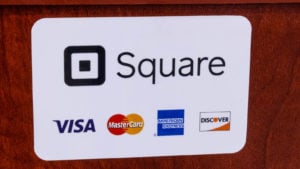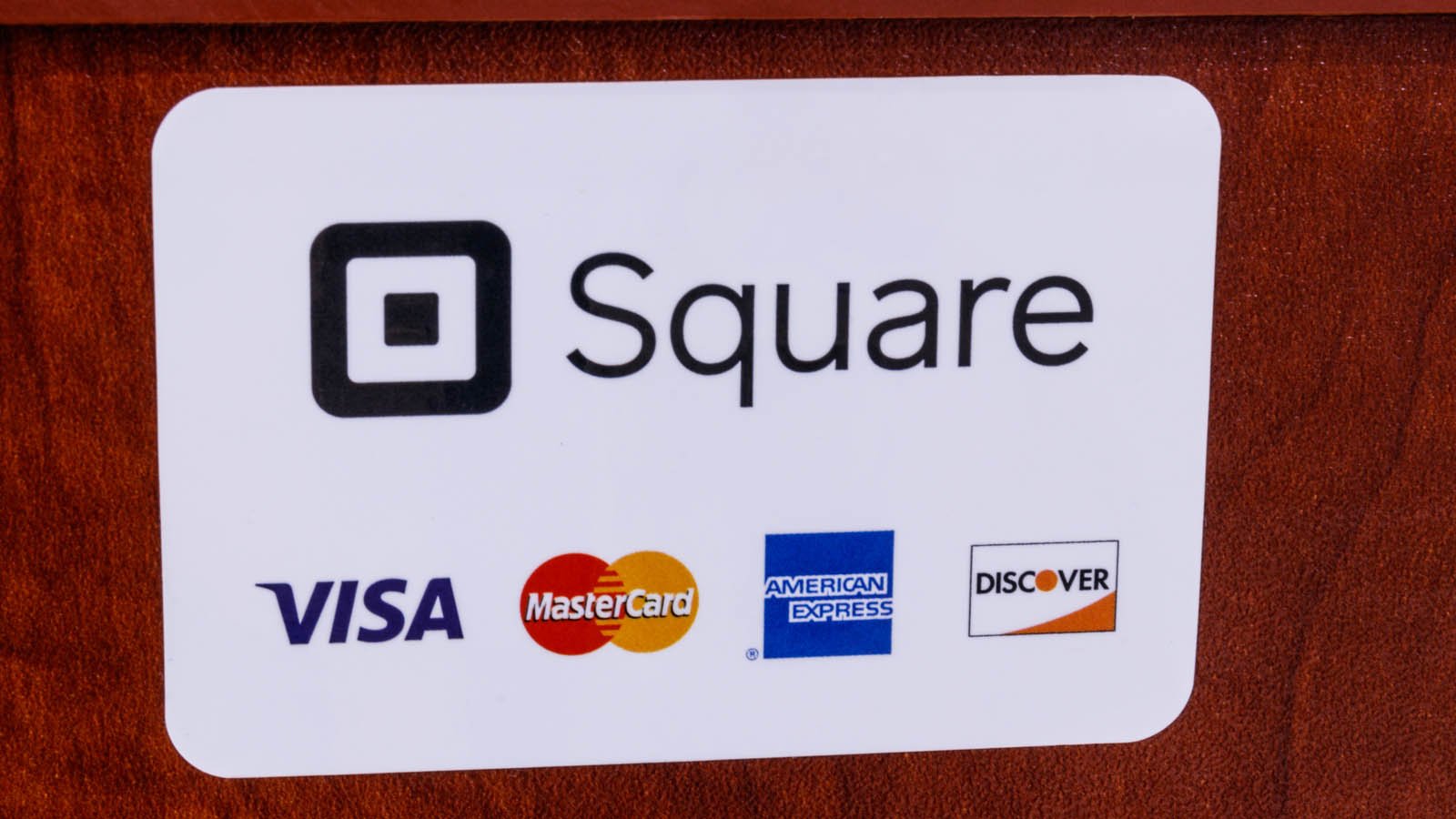On Wall Street, there are consensus stocks to buy and crowded trades. There are also situations where analysts and investors are divided over a particular name. Mobile payments provider Square (NYSE:SQ) appears to be in the latter category.

Once high-flying, SQ stock has fallen on hard times of late, tumbling 41% from its 52-week high, a decline that has trimmed the shares’ 2019 gain to just 4.8%. Many less volatile, safer investments are outperforming Square stock this year.
There are differences of opinion about Square stock because, despite that 41% decline, SQ stock is still up this year ,and some market participants are loathe to forget Square stock started 2019 around $50 before topping $80 in July and August.
Earlier this month, research firms MoffettNathanson and SunTrust Robinson Humphrey both upgraded Square stock to “buy” from the equivalent of “hold” ratings. Those were the notes that resulted in headlines.
But on the same day, in a note that generated little attention, Atlantic Equities initiated coverage of Square stock with an “underperform” rating and a $55 price target, implying a significant decline from last Friday’s close around $62.
Interestingly, Square stock has fallen 4.8% this month, indicating those analyst upgrades didn’t serve as a catalyst of any sort.
Waxing Bullish
“This upgrade is being triggered by the 24% sell-off in Square stock over the past four weeks, which has brought Square’s valuation in line with, or even below comps,” wrote MoffettNathanson analyst Lisa Ellis.
Reasonable valuation is a matter of interpretation. Square stock trades at 68.5 times its earnings with a price-book ratio of 22.3, according to Bloomberg data. That’s not reasonable, relative to most fintech stocks.
For example, the Global X FinTech ETF (NASDAQ:FINX) has a price-earnings ratio of 35.88 and a price-book ratio of just over six. Paying a much higher price for Square stock, which is one of Global X’s holdings, makes no sense, since the fintech ETF is up nearly 40% year-to-date and resides just 3.71% below its 52-week high.
Much of the bull case on Square stock revolves around its Cash app. Indeed, Cash app has gained traction with many users. But there are dangers facing the Cash app thesis, including saturation risk and the fact that the technology isn’t proprietary.
As a result, any competitor can copy and improve upon the offering. Much as analysts are divided over Square stock, they have widely different views on Cash app.
“Second, bulls think that the cash app can be monetized to a far greater extent than it currently is, particularly through partnerships with vendors like DoorDash,” according to Barron’s. “Bears think that the core driver of the Cash app’s revenue—instant deposit—will wane as banks and the Federal Reserve roll out options with almost instant clearing.”
The Bottom Line on SQ Stock: Lots Of Competition
The issue is not just that SQ has ample competition. Most companies have to deal with that. However, SQ is having difficulties outside of the U.S. For example, Square recently lost Danish company Joe & the Juice A/S as a client. No big deal, right? Denmark is a small economy, some would argue, but that lost client underscores Square’s overseas difficulties.
Investors should not bank on emerging markets providing a boost to Square stock. China’s mobile payments market is booming, but there, Square would have to tussle with entrenched brands such as Ali-Pay and WePay, among others. Brazil, Latin America’s largest economy, probably won’t help Square,either, due to PagSeguro Digital Ltd. (NYSE:PAGS), a company whose shares have nearly tripled this year.
And here in the U.S., Square faces increasing competition on the small business lending front, as privately held Stripe recently announced its foray into that business. Speaking of lending, Square has also moved into consumer lending. That could drive margin expansion at its Square Capital unit. But it also makes the business vulnerable to economic downturns because consumer default rates rise when the economy deteriorates.
Overall, investors can find companies that are less vulnerable to competition than SQ. They can also find less expensive fintech names, with growth prospects that are similar or superior to those of Square stock.
Todd Shriber does not own any of the aforementioned securities.
